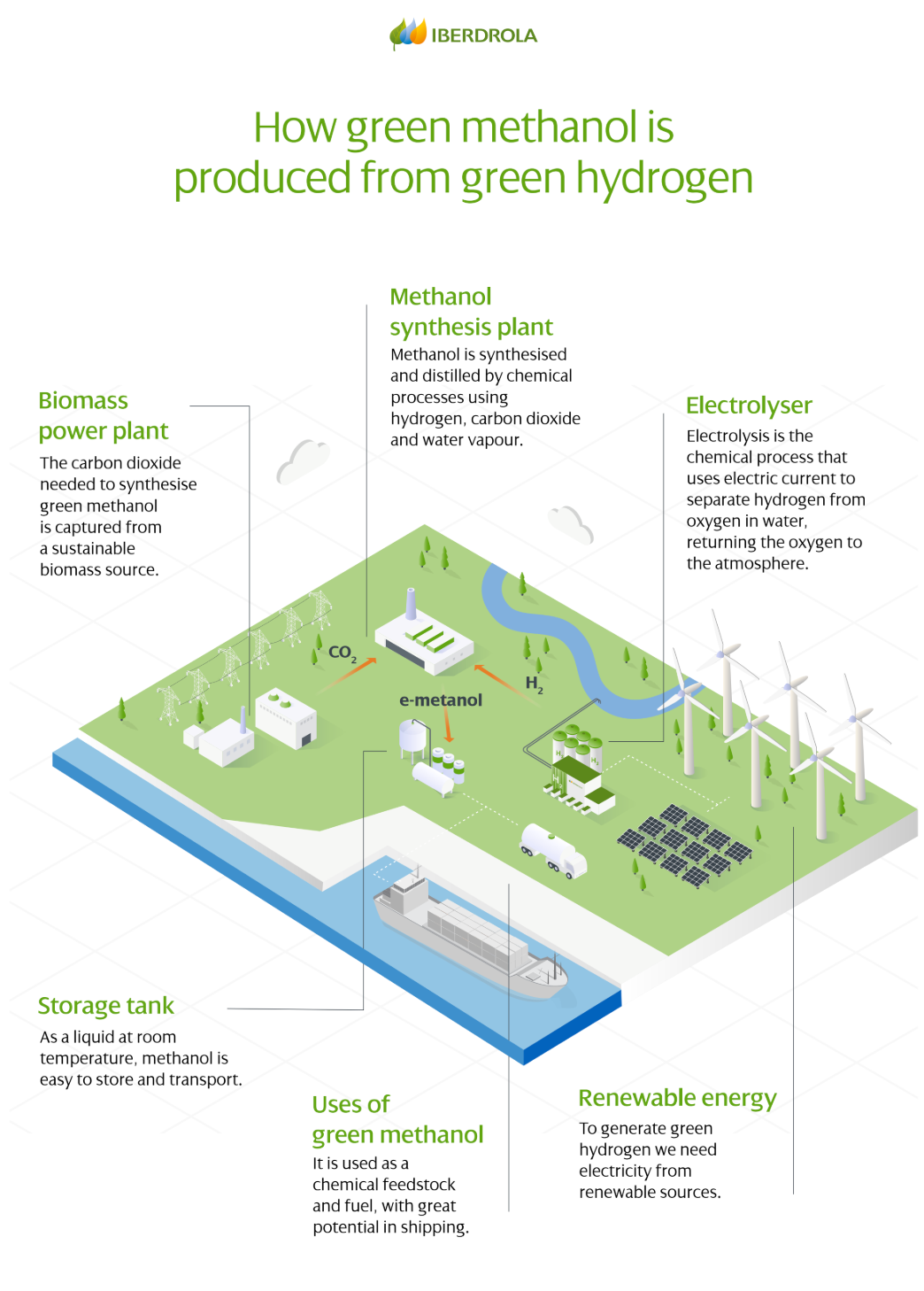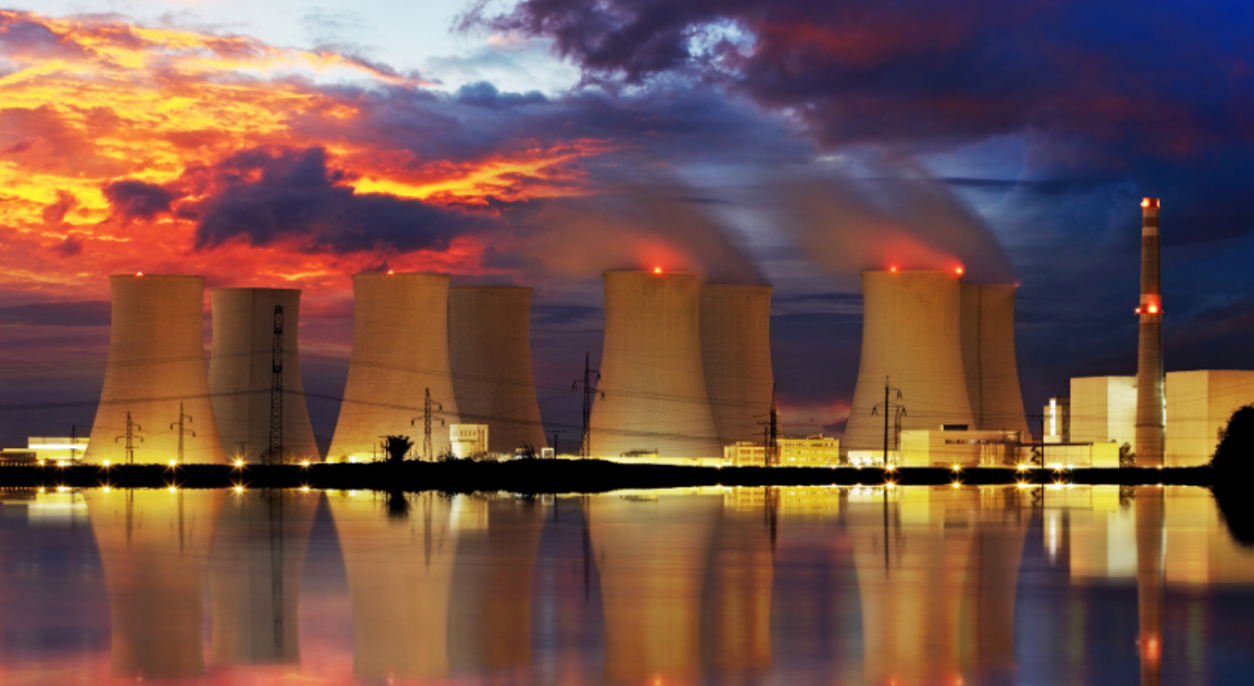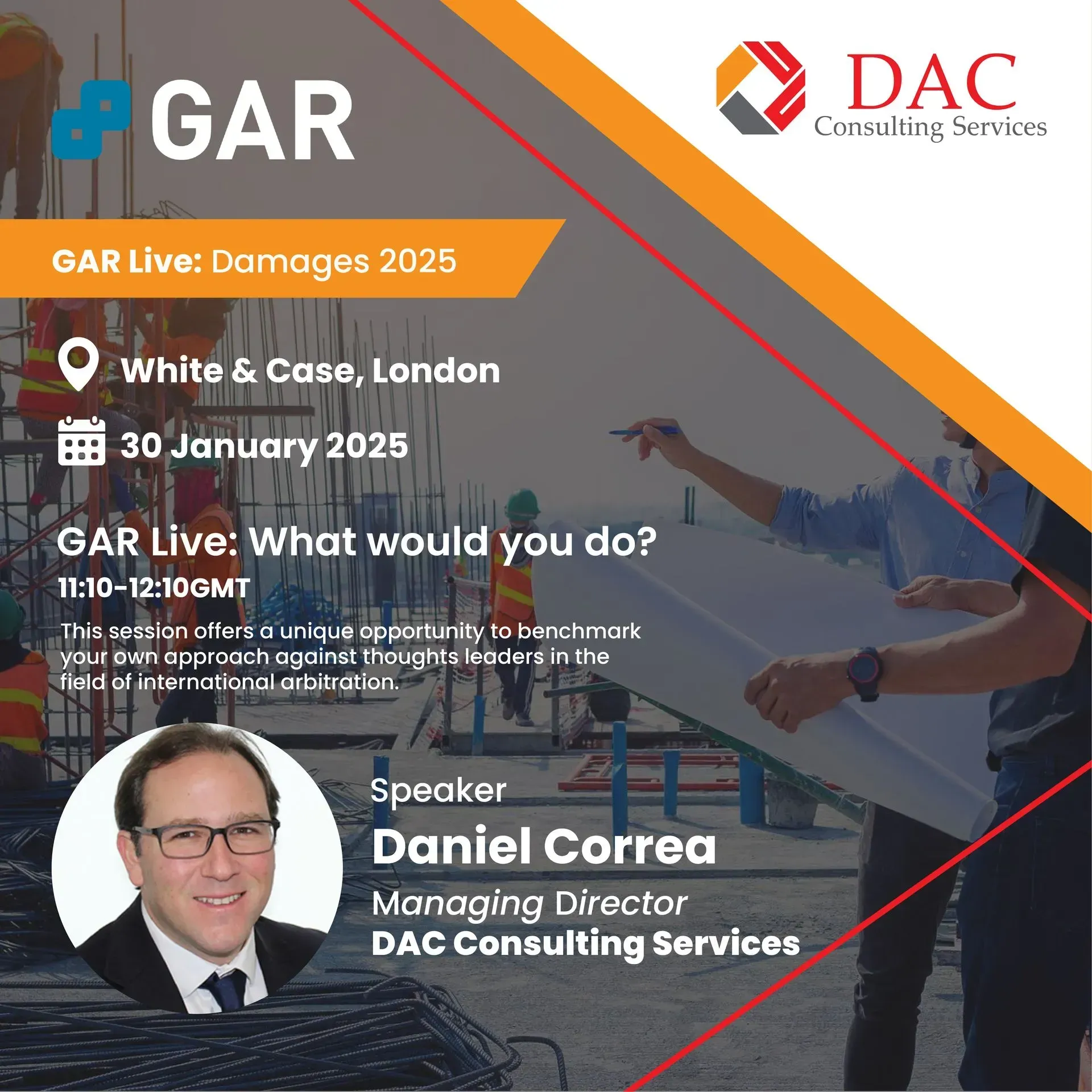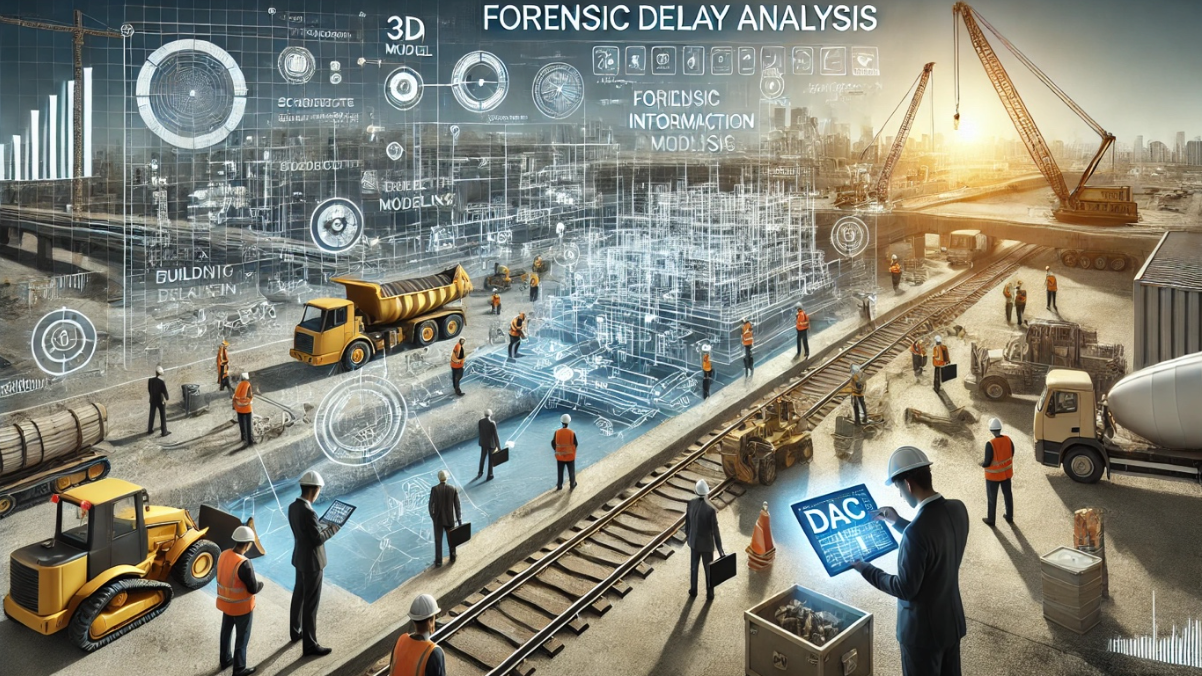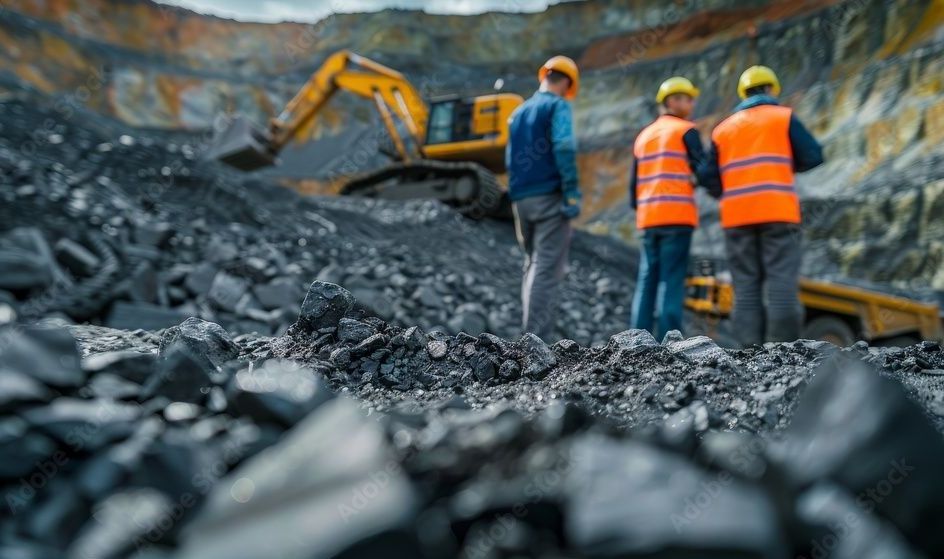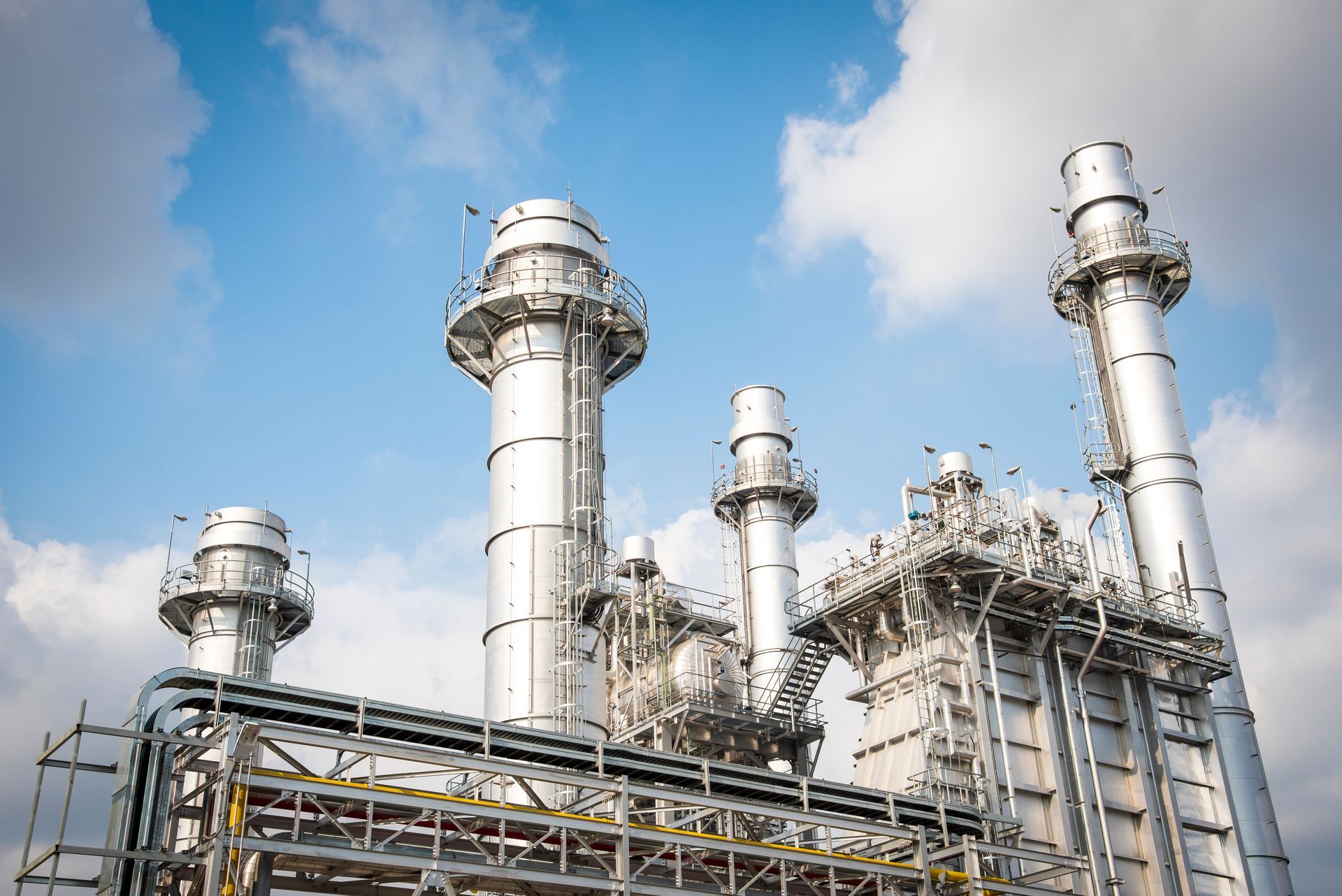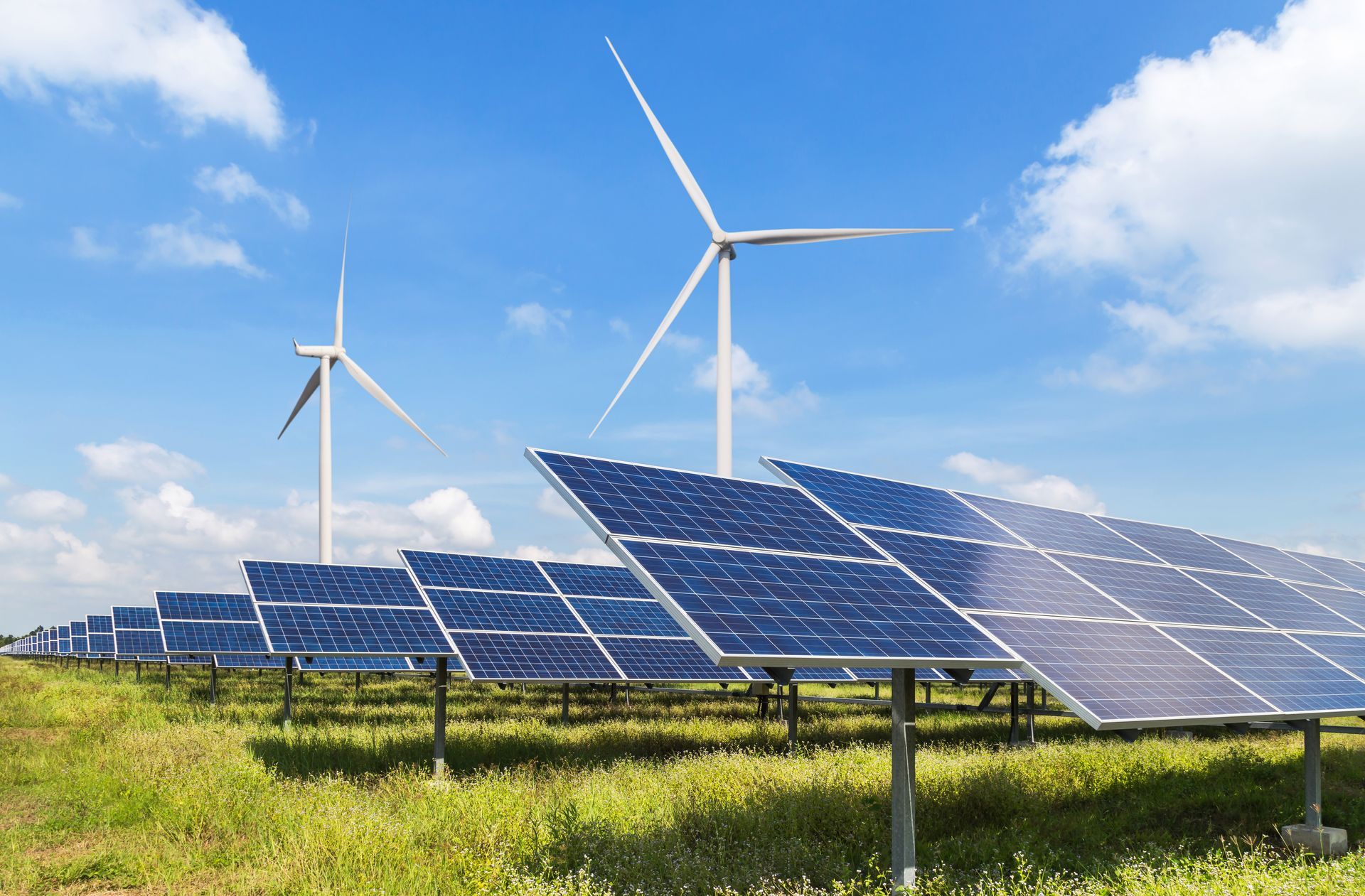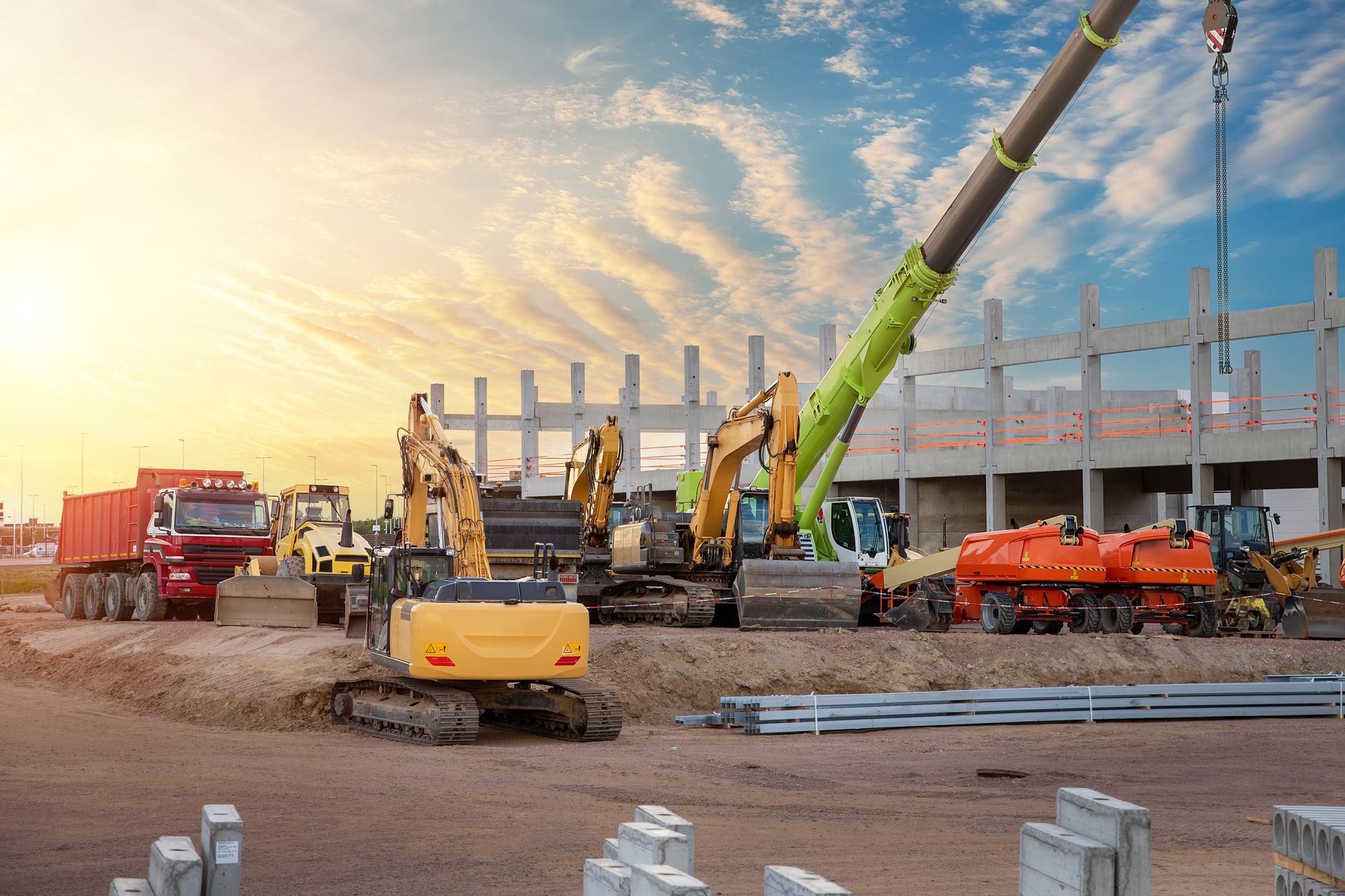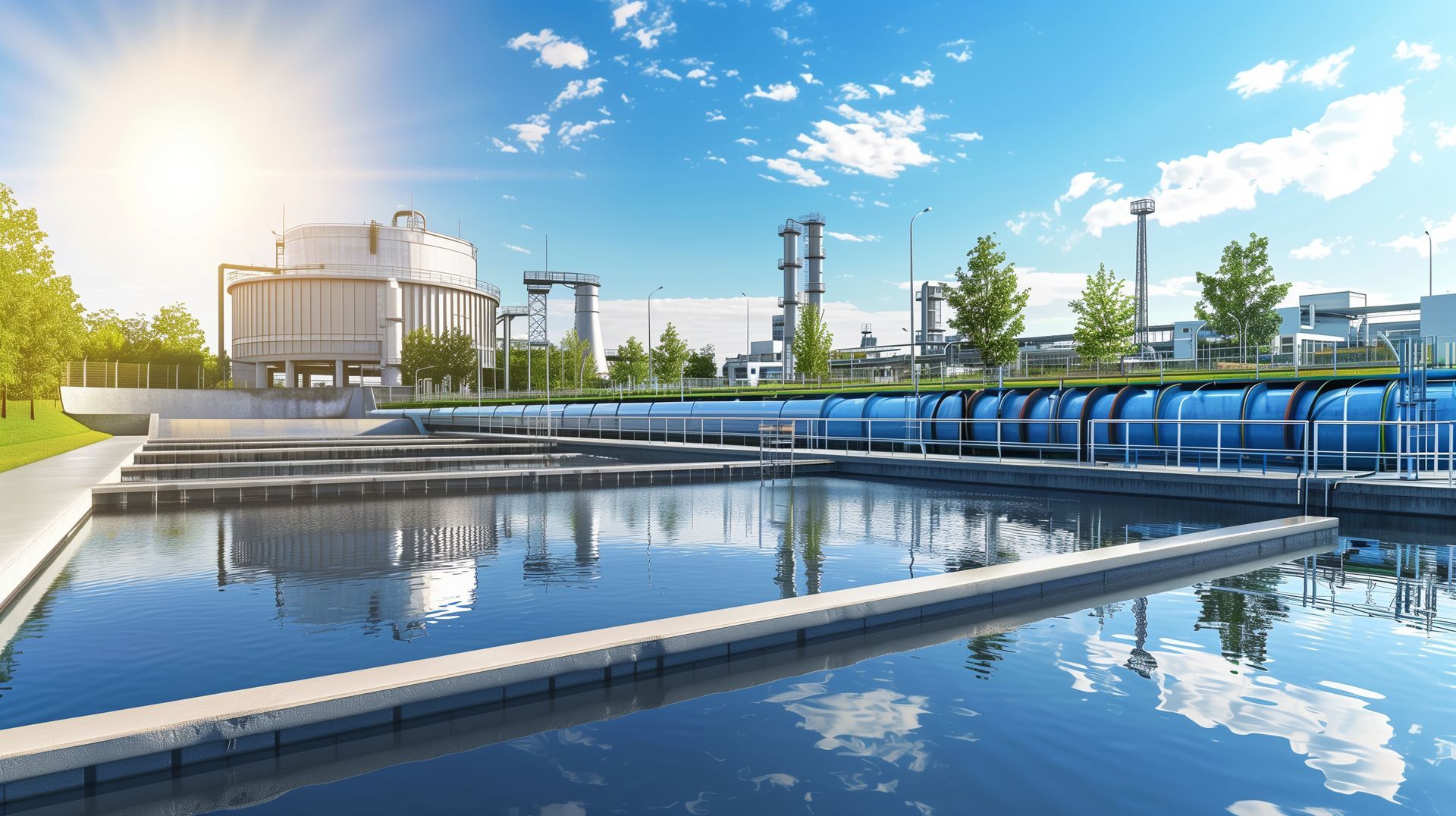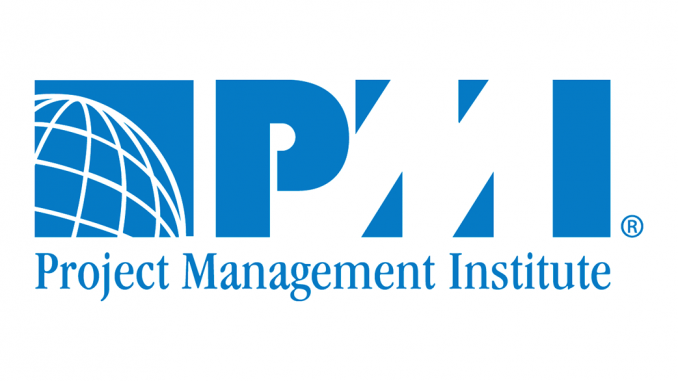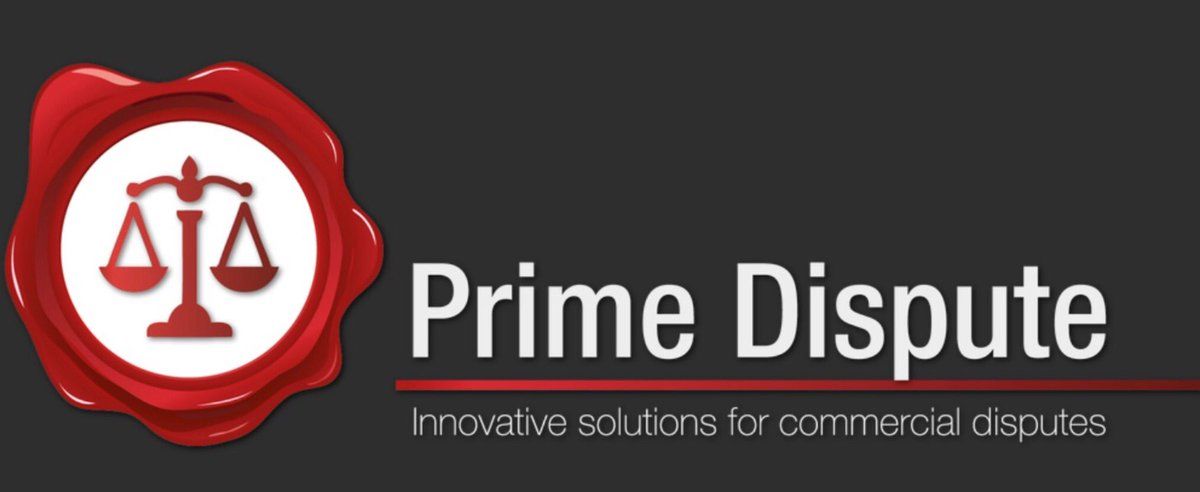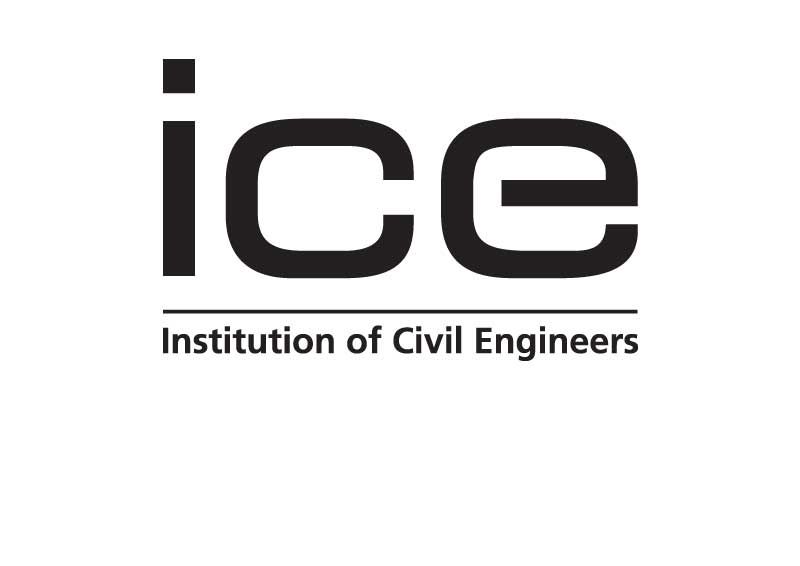3 June 2024
LNG Construction Projects: Navigating Risks to Avoid Delays and Disputes
Liquefied Natural Gas (LNG) plants form an important part of the global infrastructure that transports energy supplies from the exporter to the importer, with a global capacity to liquefy 450 million tonnes of natural gas every year. These projects are large and expensive, involving large numbers of people and various stages of development. A myriad of risks can cause delays or disputes that highlight the trade-offs between the different parties involved.

Key Risks in LNG Plant Construction
1. Technical and Engineering Risks
- Design Complexity: LNG plants are complex structures to design and engineer, requiring the deployment of advanced technology and specialized materials. Mistakes in design or inadequate designs will result in delays and cost overruns.
- Innovation and Integration: Novel technologies need to be integrated into old systems and sometimes this brings with it unexpected difficulties. New technologies are always good at creating greater efficiencies but they may also introduce new risks.
2. Regulatory and Environmental Risks
- Permit Delay: The issuance of necessary permits and approvals by regulatory authorities often becomes a green-signal for the project. Delay in the process of granting permits may result in halting the project.
- Controls for Environmental Compliance: LNG projects are subject to strict norms of environmental compliance through permitting, monitoring, fines and other administrative sanctions if deviations are recorded. Breaking these rules risks shutdown of a project, severe fines and reputational damage.
3. Supply Chain and Logistical Risks
- Material and Equipment Delays: The construction of an LNG plant is based on the timely delivery of materials and equipment. Any delay in supplying materials will delay the project schedule.
- Problematic deliveries of oversized equipment to remote locations: getting large, heavy items to remote locations for commissioning can be difficult, with delays caused by winds and rain, port congestion or other unexpected reasons.
4. Financial and Economic Risks
- Cost Overruns: The large capital expenditures and engineering complexity that define LNG projects increase the risk of budget overruns. The costs associated with last-minute design changes, inflating commodity prices for materials or labour, etc can be significant.
- Financing issues: Can the project get the funds it needs and then maintain funding over the years? Economic changes can affect funding, as can changes in market conditions, or changes to the project.
5. Labor and Workforce Risks
- Skilled labour shortages: LNG plant builds require a high level of labour skills. In the event of shortages of specific and well-trained workers, project schedules and costs will likely suffer.
- Labour disputes: Workers, subcontractors and project managers often squabble. This can mean strikes, work stoppages and legal challenges.
6. Geopolitical Risks
- Political Instability: A large share of LNG projects are found in areas of varying political stability. Governments can change their rules, there can be political instability or even conflict.
- Trade Policies: These include tariffs, trade restrictions and alterations to international trade agreements – all of which affect the cost and availability of inputs and equipment.
Strategies to Mitigate Risks
1. Comprehensive Planning and Design
- Engage in rigorous planning and robust design processes to anticipate potential pitfalls. Leveraging advanced simulation tools can expose and address design issues early.
- Work with engineers and consultants who are battle-tested to get a better sense of what works and what doesn’t.
- Risk assessment, risk assessment, risk assessment…..
- Identify and highlight the critical path(s) right from the start, and on a periodic basis.
2. Regulatory Engagement
- Foster strong relationships with regulatory bodies to facilitate smoother permitting processes.
- Ensure continuous compliance with environmental regulations through regular monitoring and reporting.
3. Supply Chain Management
- Form close relationships with trustworthy suppliers, and have contingency plans in place for key supplies and equipment.
- Implement advanced tracking systems to monitor the movement of materials and anticipate potential delays.
4. Financial Planning
- Conduct detailed financial risk assessments and establish contingency funds to cover unexpected costs.
- Diversify funding sources and secure long-term financing agreements to mitigate economic fluctuations.
5. Workforce Development
- Invest in training programs to develop a skilled workforce capable of meeting project demands.
- Keep lines of communication open with unions and other workforce representatives to discuss issues and to avoid disagreements.
6. Geopolitical Risk Assessment
- Conduct thorough risk assessments of the geopolitical landscape in project locations.
- Mitigate the political risk – for example, by having multiple sources of supply, and by developing projects that can start and end flexibly.
Conclusion
Risk events can often cause construction to be postponed and even cause disputes among stakeholders. However, thorough planning, risk management and stakeholder engagement can make a big difference in alleviating the issues surrounding LNG plants. The operational characteristics and organisational arrangements of LNG projects further shed light on its technological, environmental and social risks. These complex risks make LNG plants a challenging infrastructure for execution. From a perspective of quality management, project managers need to be aware of those project risks and be cautious enough to plan projects and make strategies in advance.


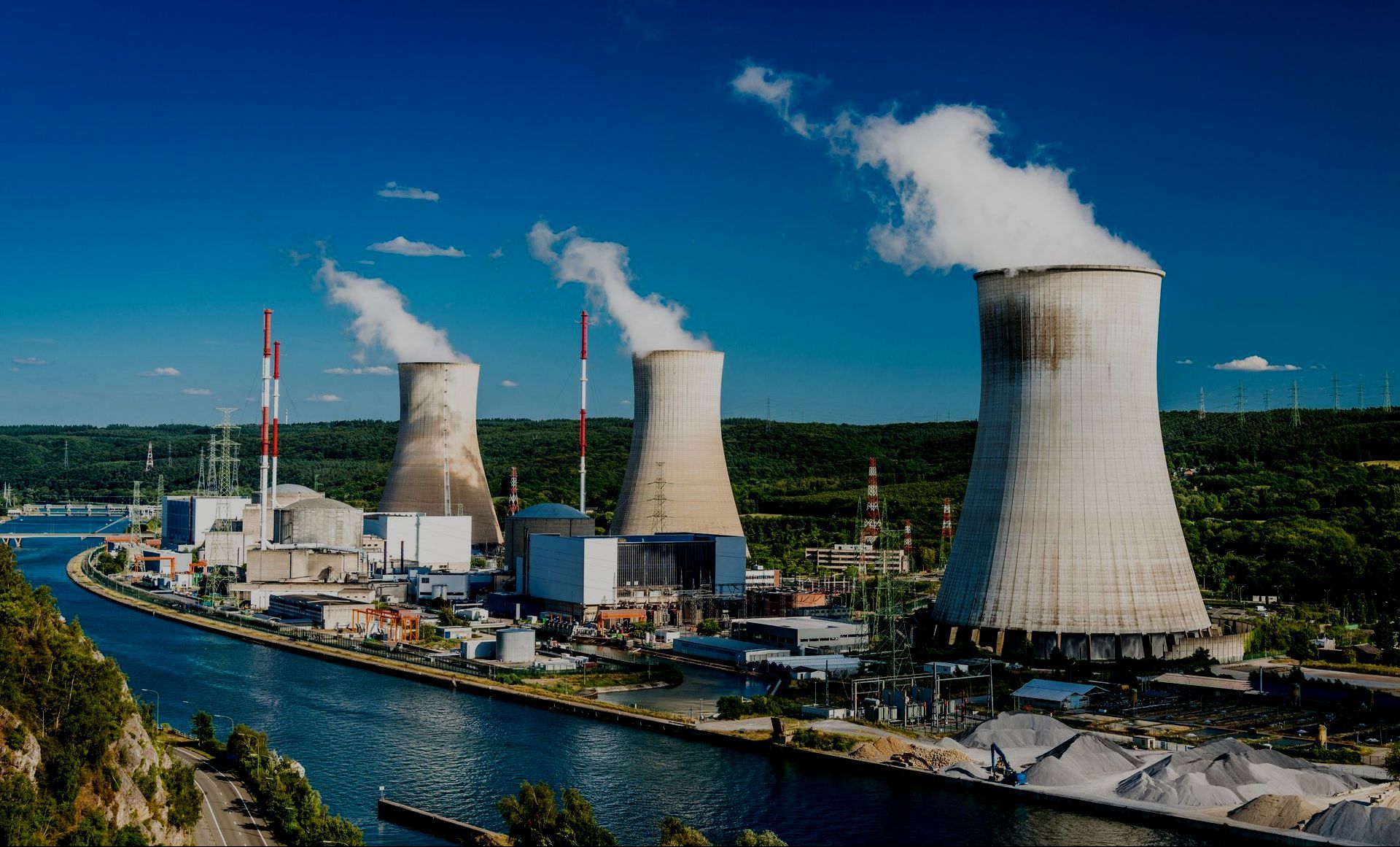
WORLD CLASS FORENSIC
& TECHNICAL CONSULTANTS
FORENSIC ENGINEERING | EXPERT WITNESS SERVICES
Expert Witness Services
Delay: Forensic Delay and Disruption Analysis
Quantum:
Cost Estimation, Quantum Analysis
Technical:
Multi-disciplinary, coordinating and subject matter experts.
Forensic Engineering
Expert technical advice on insurance claims (Root Cause Analysis, reinstatement, timeline), project development, and independent progress (time) and cost (quantum) project management.

Come work with Us!
If you cannot carry out new cases in your current firms due to conflicts of interest, come work with us!
- Modern case management platforms
- Unrivalled team and admin support
- Clear and concise quality management systems
- Exceptional reputation
- Capacity to GROW
- Remote working
DAC is the future of working as an Expert Witness.


79a Grapes House, Suite 4, First Floor
Esher, Greater London
United Kingdom. KT10 9QA
www.dac-consultingservices.co.uk
https://www.linkedin.com/company/dac-consulting-services








